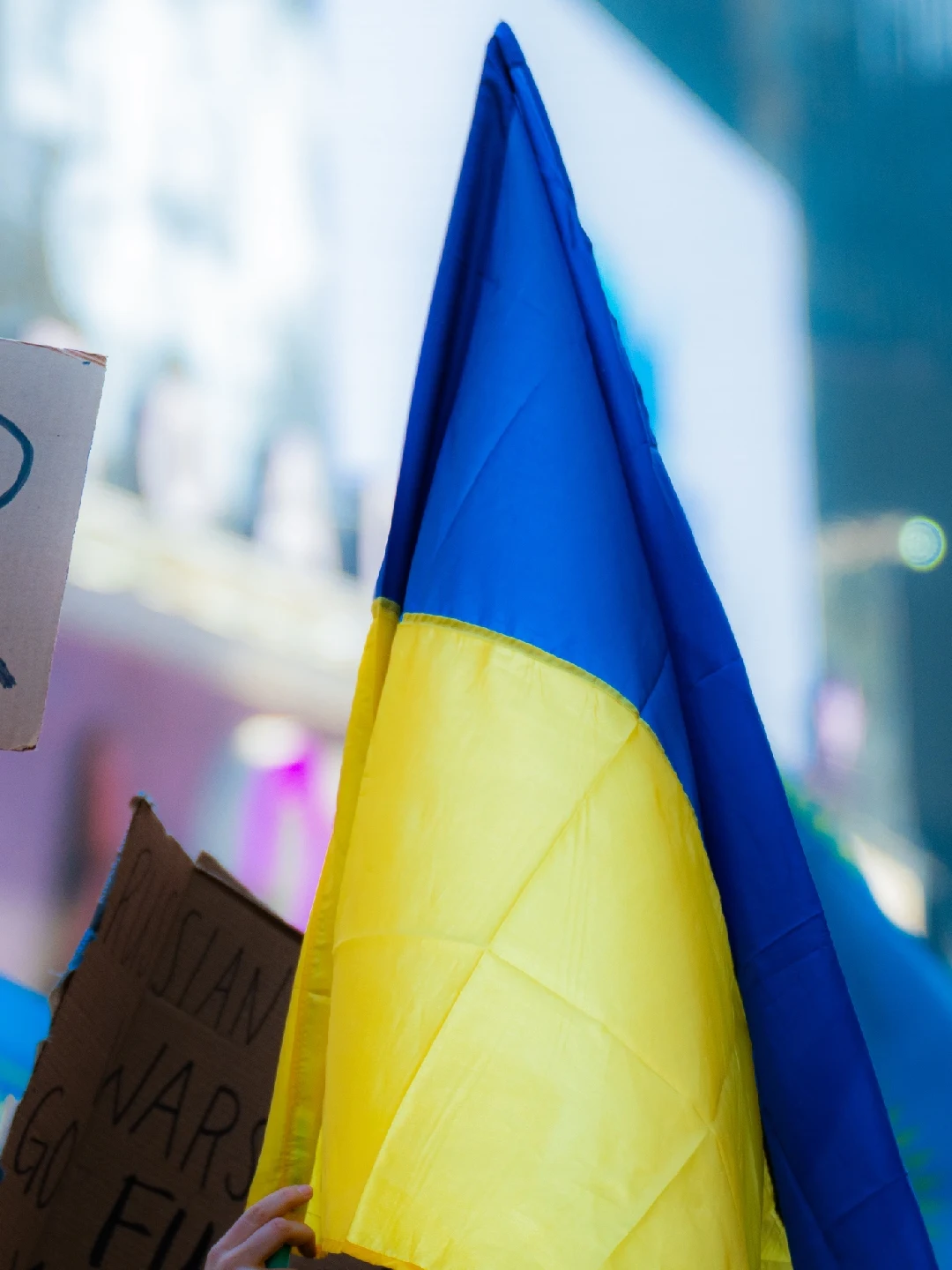One hundred days of war have put enormous strain on Ukraine's health-care system.
Ukraine's health system is under tremendous strain after 100 days of the war, and the World Health Organization (WHO) has strengthened its presence, both in Ukraine and in countries hosting displaced Ukrainians, to help meet the rising health demands.
"This war has gone on for 100 days too long, shattering lives and communities and endangering the short- and long-term health of the Ukrainian people," said WHO Director-General Dr Tedros Adhanom Ghebreyesus. "WHO is doing everything possible to assist Ukraine's Ministry of Health by delivering critical medical supplies and equipment." But the most important treatment Ukraine requires is one that WHO cannot provide: peace. We demand that the Russian Federation halt the conflict."
The war has raised the demand for health-care services while decreasing the system's ability to offer them, particularly in areas of active fighting. As of June 2, there had been 269 verified attacks on health, with at least 76 persons killed and 59 injured.
"Over 260 verified attacks on health care have occurred in Ukraine in the first 100 days of the war." These attacks are not justifiable, are never acceptable, and must be investigated. "No health professional should have to offer health care on a razor's edge, but that is exactly what nurses, doctors, ambulance drivers, and medical teams in Ukraine are doing," said Dr Hans Henri P. Kluge, WHO Regional Director for Europe.
"During two trips to Ukraine since the war began, I've had the opportunity to meet several health workers." We commend them for keeping crucial services and hope alive in the face of unspeakable pain and suffering."
Some health facilities have been damaged, while others have been overrun by individuals seeking treatment for war-related stress and injuries. WHO has built hubs near the conflict, such as Dnipro, to quickly reach the areas most in need.
"WHO is determined to being in Ukraine both now and in the future, addressing immediate health concerns and helping health-system rehabilitation." "As access and security improve, we are redeploying staff around the country," said Dr Jarno Habicht, WHO Representative in Ukraine. "Mental and physical health must be prioritized in Ukraine's recovery and reconstruction efforts."
To that end, WHO has issued an updated appeal for US$ 147.5 million to alleviate Ukraine's deteriorating humanitarian situation, offer immediate healthcare, and enable the health sector remain resilient in the long term. A total of US$ 80 million is necessary for in-country assistance, including as distributing medicines and providing crucial healthcare services, and another US$ 67.5 million is required to aid refugee-receiving and hosting nations such as Poland, the Czech Republic, Moldova, and Romania.
The war has resulted in a significant increase in psychological suffering and distress. Health care specialists across the country report that the most prevalent request currently is for assistance with sleeplessness, anxiety, bereavement, and psychological suffering. WHO is collaborating with the office of Ukraine's First Lady, Olena Zelenska, to create a national mental health program that is accessible to all.
WHO has increased staff and repurposed systems, notably its logistics system, in response to changing health demands in Ukraine. This has allowed for the delivery of over 543 metric tonnes of medical supplies and equipment to the country, which are being distributed mostly in the east, south, and northern oblasts where the need is highest. Trauma surgical supplies, ambulances, Ukrainian-made ventilators that can continue to work even when power fails, electric generators, and oxygen equipment, including the construction of oxygen plants, are among the items delivered.
Another critical requirement is training to cope with the aftereffects of conflict, such as trauma surgery, mass casualties, burns, and chemical exposure. WHO has taught around 1300 healthcare workers on these issues since February 24.
Along with this, WHO has been collaborating with the Ukraine Public Health Centre to improve disease surveillance and laboratory diagnoses, as well as with local governments to restore vaccination programs and key health services. WHO collaborates with over 40 Emergency Medical Teams to supplement the health system.
Photo by Derek French from Pexels: https://www.pexels.com/photo/people-protesting-on-the-street-11337755/


No comments
Post a Comment
Feel free to leave a comment in any language you prefer! You can use the translate tool at the top right corner of the blog to switch to your preferred language. Your opinions are always welcome here—don’t be shy! Much love.